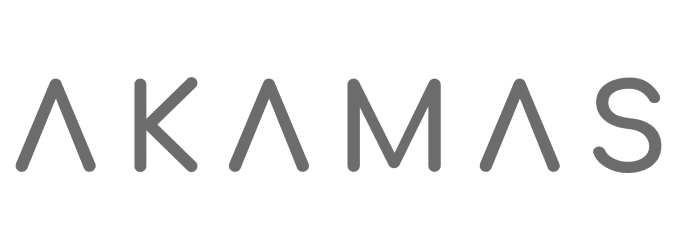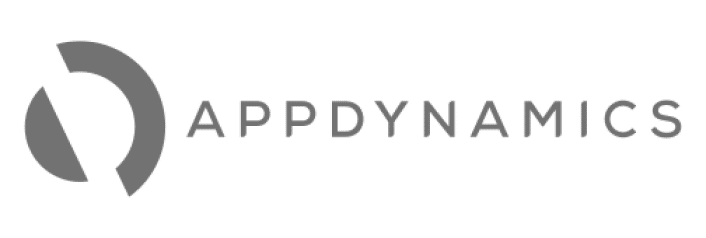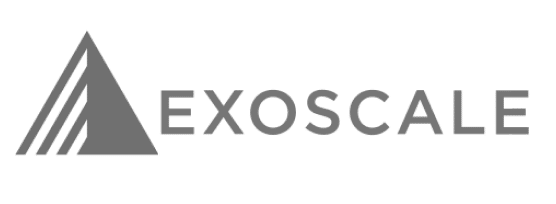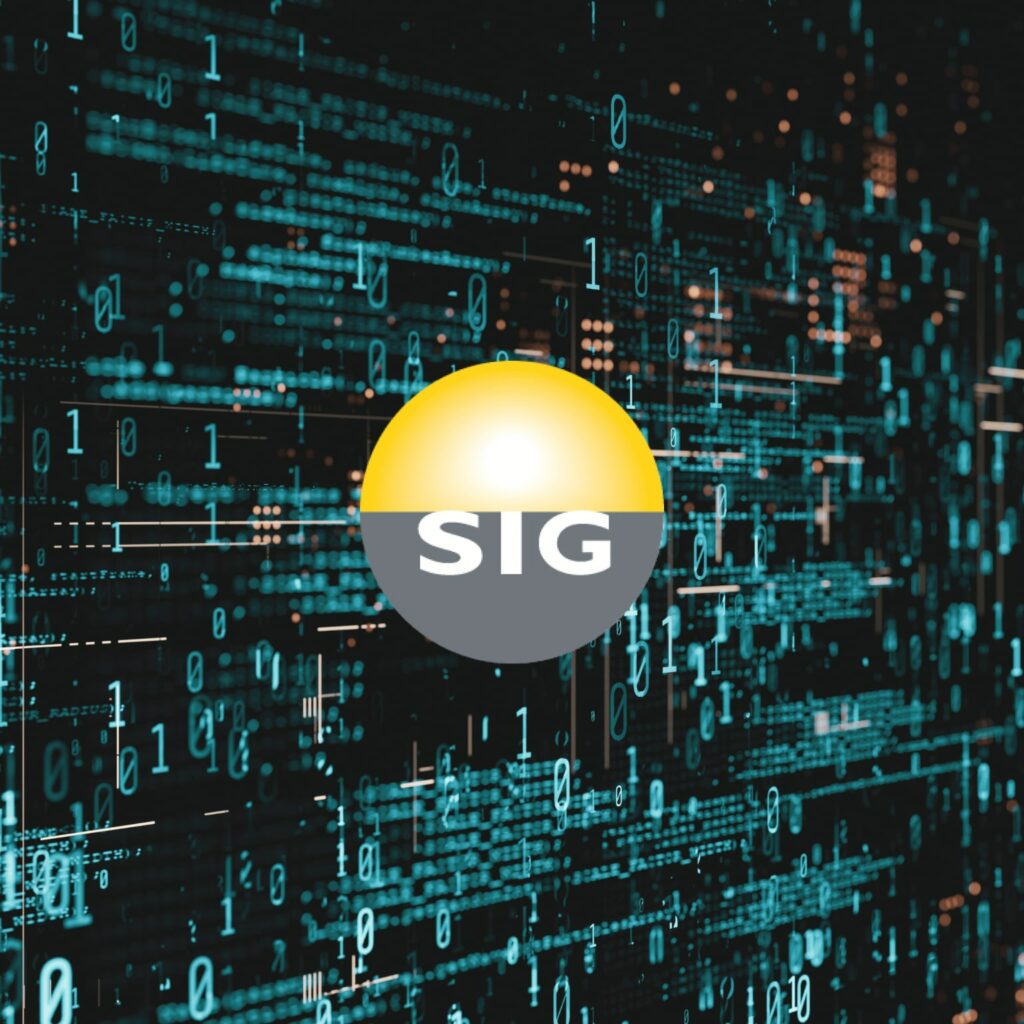Together, let's find the missing piece in your project




















We are a Swiss ESN with over 600 consultants
Our human values and sense of service inspire hundreds of creative minds and engineers every day. Each of us has a different background, but each of us shows what we can do to bring these shared values to life.
Here, from day one, we support you in realizing your ambitions.

Consultants
Trades represented
Sectors of Activity
Customers
Express your talent for...
- 26/08/2025
- Grenoble
- CDI
- French
We can intervene at all levels of your information system
Collaborate with our consultancy service
Business analyst, application architect, developer, tester, integrator, data scientist… At Qim info, there are more than 15 professions represented by 600 employees working to realize your ambitions every day!
Our team of recruiters will find the talent you need. And because our commitment doesn’t stop there, we provide long-term support to help your ideas evolve and your ambitions become reality.

Providing you with the best of IT expertise
Custom solutions
We are committed to working closely with you to understand your needs and develop customized solutions to help you achieve your goals.
Local partner
Located in Switzerland and France, our geographical proximity translates into close, responsive collaboration, enabling us to support you at every stage of your project.
Recognized skills
With almost 20 years’ experience, our experts bring a wide range of cutting-edge IT skills to bear on the success of your projects.

The Institut de Pathologie Romand entrusted us with the design of a web application that enables its customers to transmit analysis requests and then retrieve the results securely. In the medical field, data compliance is a crucial concern.

Our department created the goodGaz business application for Services Industriels de Genève, to simplify the tasks of their employees. Today, we continue to provide maintenance and are working with SIG on new projects, such as the Re-sources application, a circular economy platform for companies and associations in the canton of Geneva, and the Telerelève multi-fluide system, which enables customers to track their energy consumption in real time.

The Institution genevoise de Maintien à Domicile (IMAD) approached us for a solution that would enable them to concentrate on their core business, by simplifying the administrative management of temporary staff. The result is Tempo, a customized solution comprising 2 applications, developed with our 5 Microsoft specialists.

The Ecole Hôtelière de Lausanne needed a mobile application that would give all its students access to all the school’s services. We helped them set up Azure API Management, which centralizes calls to all these APIs.
Our strength: supporting your ambitions
With almost 20 years in business and over 600 employees in Switzerland and France, we remain true to our values of trust, transparency and proximity.
People are at the heart of our business, with everyone making their own unique contribution. Our mission goes beyond providing services to our customers, including the well-being of our employees as an essential part of our DNA.


Qim life & news
Life at Qim info, our latest tech news, business expertise, events, find out how we live our passion for consulting every day.










